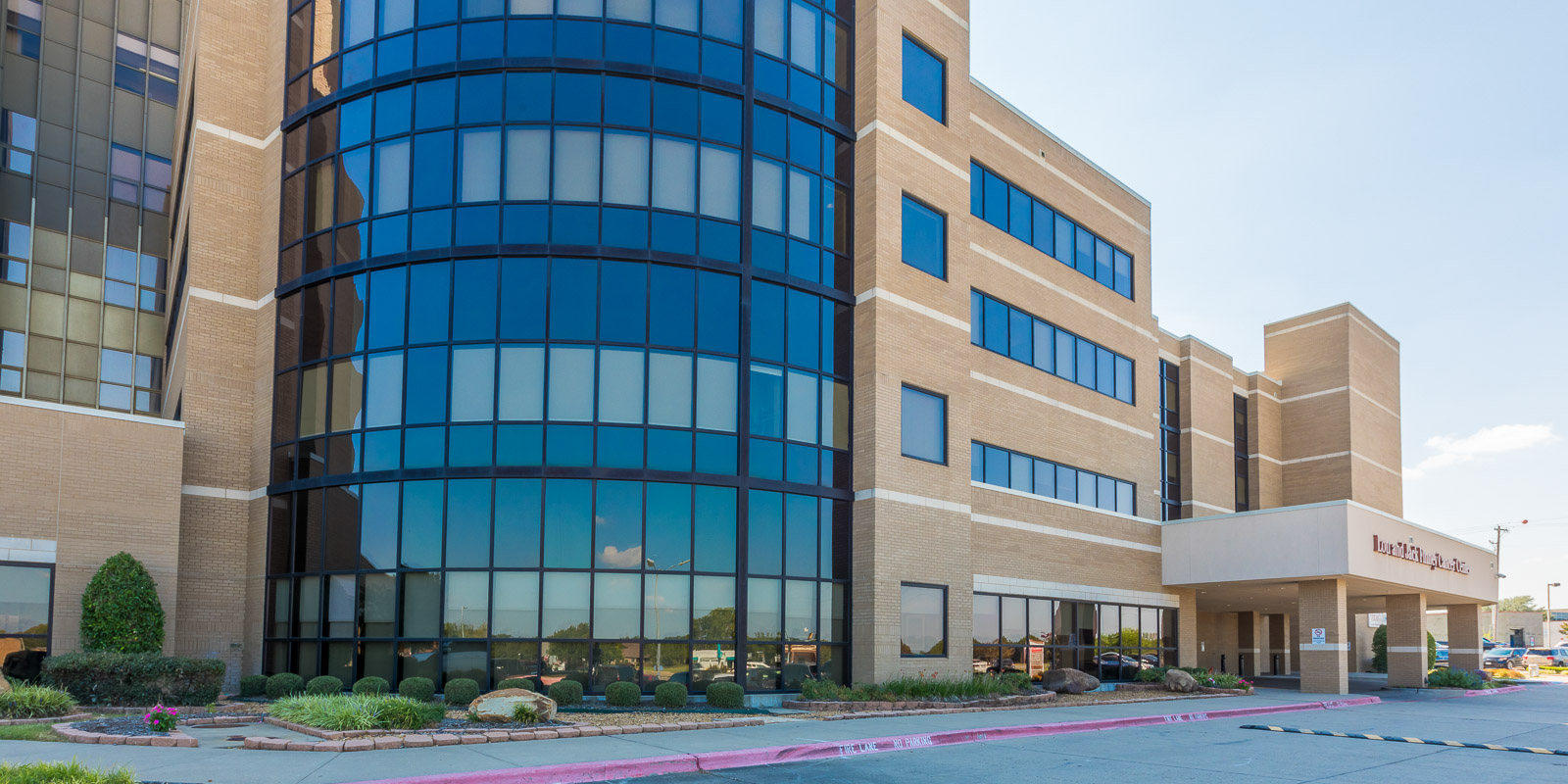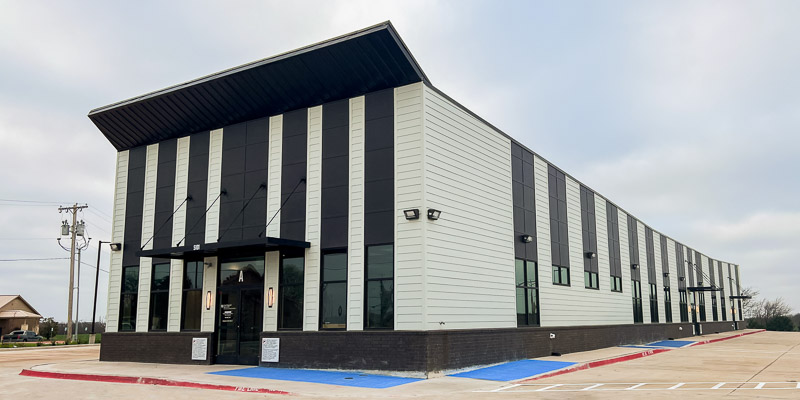Types of Gynecologic Surgery performed:
As mentioned above, hysterectomies are extremely common in the U.S. The same source mentioned above states that by age 60, approximately 37 percent of all American women will have had a hysterectomy. Our gynecologic surgeons perform these procedures through laparoscopy (minimally invasive techniques) which help reduce the amount of recovery time needed following surgery.
This surgery is often performed when a woman is experiencing chronic pelvic pain or infertility. This minimally invasive procedure uses a laparoscope or lasers to correct the problem in the pelvic region. Because the procedure is not seriously invasive, it usually does not require a long recovery period.
When a woman is dealing with extremely heavy menstruation, there are surgical treatments designed to stop the problem. One of those treatments is endometrial ablation, which destroys the endometrium (uterine lining) that causes the heavy bleeding. The procedure uses a hysteroscope to eliminate the uterine lining and is also a minimally invasive procedure.
Tubal ligation is a surgical procedure that stops a woman’s fallopian tubes from allowing an egg to reach the uterus. It also stops sperm from reaching the egg in the fallopian tube. Tubal reversal surgery, on the other hand, reverses this procedure by restoring fertility and allowing access to the egg from the fallopian tube.
Gynecologic surgery, especially for those who have never gone through such a procedure, can be scary. No matter which gynecologic surgery you or your loved one may be preparing for, remember that our experienced team of medical professionals is here for you.



